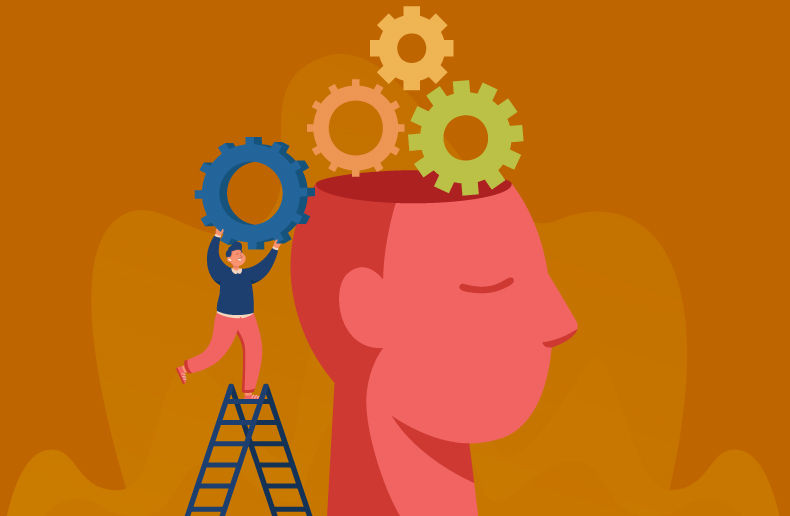Emotional intelligence makes a better advisor, perhaps even a more compliant advisor, but building the skillset takes vigilance.
If you’re torn between honing such skills and relying on your own technical expertise instead, some survey results and the advice of those who are at the top of their game might sway your opinion: 91.4 per cent of Canadian consumers surveyed by the Million Dollar Round Table (MDRT) agreed that it was important to them that their advisors demonstrate emotional intelligence.
Not only are soft skills just as important as technical expertise, they say so-called soft-skills could be even more important than technical know-how.
Uncovering client needs
Micheline Varas is senior managing partner of Customplan Financial Advisors Inc. She is also a 23-year member of the MDRT, having spent the last 19 years as a ‘top of the table’ member. She points out that soft skills are what will uncover client needs and motivations – which can only be met and planned for if they are brought to the fore in the first place. Only then can those needs be addressed, either by using your own technical skills or by leveraging the skills of other professionals.
“As advisors we need to know, especially in today’s world of compliance, we have to be pretty cognizant of the areas in which we don’t specialize,” Varas told the Insurance Journal in a recent interview. “Once we have listened and understood what a client truly needs and wants, we (then) need to leverage the expertise of others.”
For those interested in building more emotional intelligence into their own businesses, Varas’ advice is to recognize and study your own emotions first. After that, when it comes to clients, she recommends advisors start by listening with intent. (Are you actually listening to your client or are you simply waiting for your turn to pitch?)
Advisor, know thyself
“I think being able to recognize your own emotions is first and foremost. It’s part of improving your self-awareness which is really the foundation of emotional intelligence. I think once you’re aware of your own emotions and all the behaviors they can trigger, then you can start managing them,” she says. “Take the time to reflect on your own reactions and how they may affect your interactions with other people.” She adds that being aware of personal biases can also make an advisor more cognizant and aware of the same emotions in others.
To help cultivate that self-awareness, she recommends asking for a critique from a trusted source. “Get them to tell you what they hear or what they feel when you’re doing certain things,” she says. “Really study the profession. Listen with intent.”
Beware of ego and complacency
Ego and complacency can stand in the way of developing emotional intelligence. Self-awareness, she says, is huge, but it’s not something everyone is comfortable diving into.
More, complacency is easy: “People as a whole can become very, very comfortable doing certain things, and are pretty reluctant to delve outside of their comfort zone,” she says.
Take charge of honing and cultivating the skills needed to read and trigger emotional responses.
Stopping to think before responding, along with effective listening, are skills that require much use before they become second nature, but they are necessary for understanding a client’s situation.
“After that, if we don’t feel as technically comfortable, competent or proficient, then we can leverage the technical know-how of others,” Varas adds. “Listening and understanding is just as important as the pure know-how.”
Listen differently
It’s the nuances which an advisor should be listening for to have clients feel heard and understood.
This skill is what allowed her to formulate a recent plan for a relatively young client – a plan that the client ultimately loved because she picked up on details that her colleagues had not.
“When we sat down with a client, he started laughing,” she says adding that the client loved the personalization and noted the motivational triggers – all of which encouraged him to buy into the plan because it was exactly what he wanted to accomplish.
“Listening to little nuances and triggers allow us to relate things differently. It becomes very personal. That’s what we’re supposed to be doing,” she says “Hone your own skills – read and study and become really, really good at what you do. That too builds trust. If you listen, you foster trust, you ask the right questions, you demonstrate some sort of genuine interest and the responses of others, so that you can actually uncover what they want or what drives them.”
Showing empathy also encourages more in-depth conversations – the kind that are necessary to have when building genuine client relationships.
“Ask questions, but ask questions as an interested person,” she says. “Are you listening or are you waiting for your turn to speak? So many are chomping at the bit to be heard that they’ve stopped listening, listening with intent,” she says.
Another way to yield more, and more quality information from your clients is also to pause, have patience and respect for your client enough to give them a chance to think, process and respond at their own pace. “Because then they’ll actually be able to give you a true answer,” she says.




